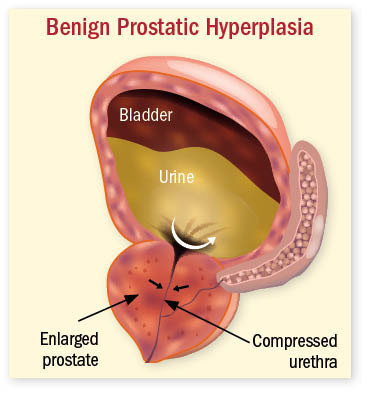
5 timeless habits for better health

What are the symptoms of prostate cancer?

Is your breakfast cereal healthy?

When pain signals an emergency: Symptoms you should never ignore

Does exercise give you energy?

Acupuncture for pain relief: How it works and what to expect

How to avoid jet lag: Tips for staying alert when you travel

Biofeedback therapy: How it works and how it can help relieve pain

Best vitamins and minerals for energy

Should you take probiotics with antibiotics?
Medications Archive
Articles
Battle of the bulges
Help for erectile dysfunction
Why people faint: From common to very rare causes
Right-sizing opioid prescriptions after surgery
It's common for doctors to prescribe opioid pain medications for their patients after surgery; however, prescribing large numbers of pills increases the possibility of dependence and overdose. Writing prescriptions for smaller quantities of pills while still monitoring people's pain is one way to reduce the likelihood that a person develops a problem.
Nicotine addiction explained — and how medications can help
Addiction is now understood to be a neurological disorder that results from changes to the brain's reward center caused by addictive substances. Ideally, treatment for nicotine addiction combines medication to suppress cravings with counseling to help patients reprogram their behavior.
A new Alzheimer's drug has been approved. But should you take it?
Ask the doctor: Which antidepressants have anticholinergic effects?
An article in your April issue, ?Common drugs linked to dementia,? states that anticholinergics are used to treat depression. I wasn?t aware of this. Which types of anticholinergics are used for depression?
A new treatment for advanced prostate cancer improves survival in phase 3 clinical trial
Steps to treating an enlarged prostate
Chronic inflammation and your joints

5 timeless habits for better health

What are the symptoms of prostate cancer?

Is your breakfast cereal healthy?

When pain signals an emergency: Symptoms you should never ignore

Does exercise give you energy?

Acupuncture for pain relief: How it works and what to expect

How to avoid jet lag: Tips for staying alert when you travel

Biofeedback therapy: How it works and how it can help relieve pain

Best vitamins and minerals for energy

Should you take probiotics with antibiotics?
Free Healthbeat Signup
Get the latest in health news delivered to your inbox!
Sign Up











